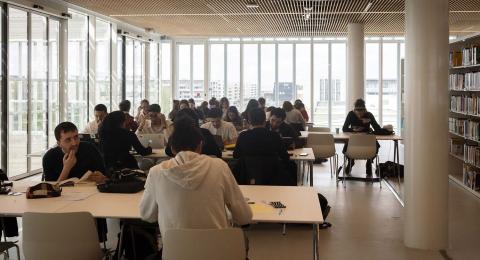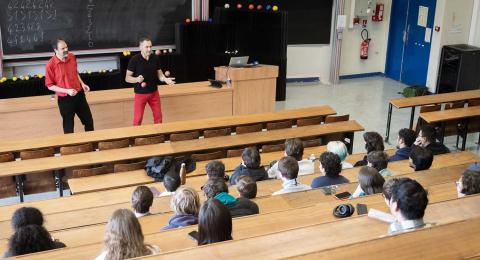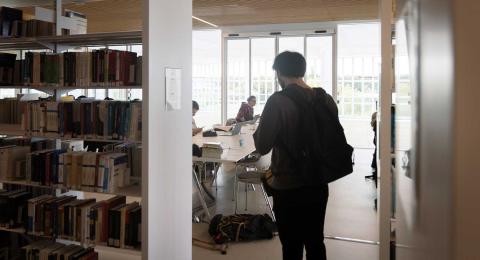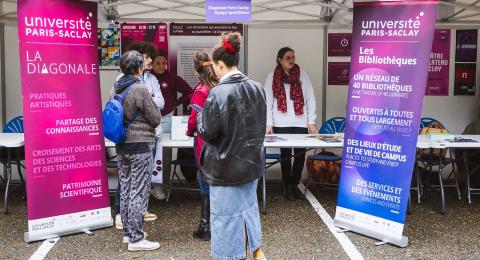Information
Objectives
The network industry is at the centre of today's changing economy: on one hand, it is progressively opening up to competition, which has disrupted organisations and the way their markets function, and on the other hand, it serves as the infrastructure for the entire economy. The rapid digitisation of the economy which involves networks, IT and knowledge technologies, has given rise to new industrial stakeholders and new services and modifies the way we design, produce, distribute and consume goods and services. It is important to understand this complex ecosystem, which has become a key factor in our economy.Possible jobs:
• Regulatory institution manager
• Consultants in a consultancy firm
• Companies in the Network and Digital Economy sector
• Teaching/Research
• Administrations and local governments
Fees and scholarships
The amounts may vary depending on the programme and your personal circumstances.
Capacity
Available Places
Target Audience and Entry Requirements
Engineering schools, universities.
Application Period(s)
From 01/02/2026 to 31/03/2026
Supporting documents
Compulsory supporting documents
Motivation letter.
All transcripts of the years / semesters validated since the high school diploma at the date of application.
Curriculum Vitae.
Additional supporting documents
Certificate of French (compulsory for non-French speakers).
Detailed description and hourly volume of courses taken since the beginning of the university program.
VAP file (obligatory for all persons requesting a valuation of the assets to enter the diploma).
The application procedure, which depends on your nationality and your situation is explained here : https://urlz.fr/i3Lo.
Supporting documents :
- Residence permit stating the country of residence of the first country
- Or receipt of request stating the country of first asylum
- Or document from the UNHCR granting refugee status
- Or receipt of refugee status request delivered in France
- Or residence permit stating the refugee status delivered in France
- Or document stating subsidiary protection in France or abroad
- Or document stating temporary protection in France or abroad.









